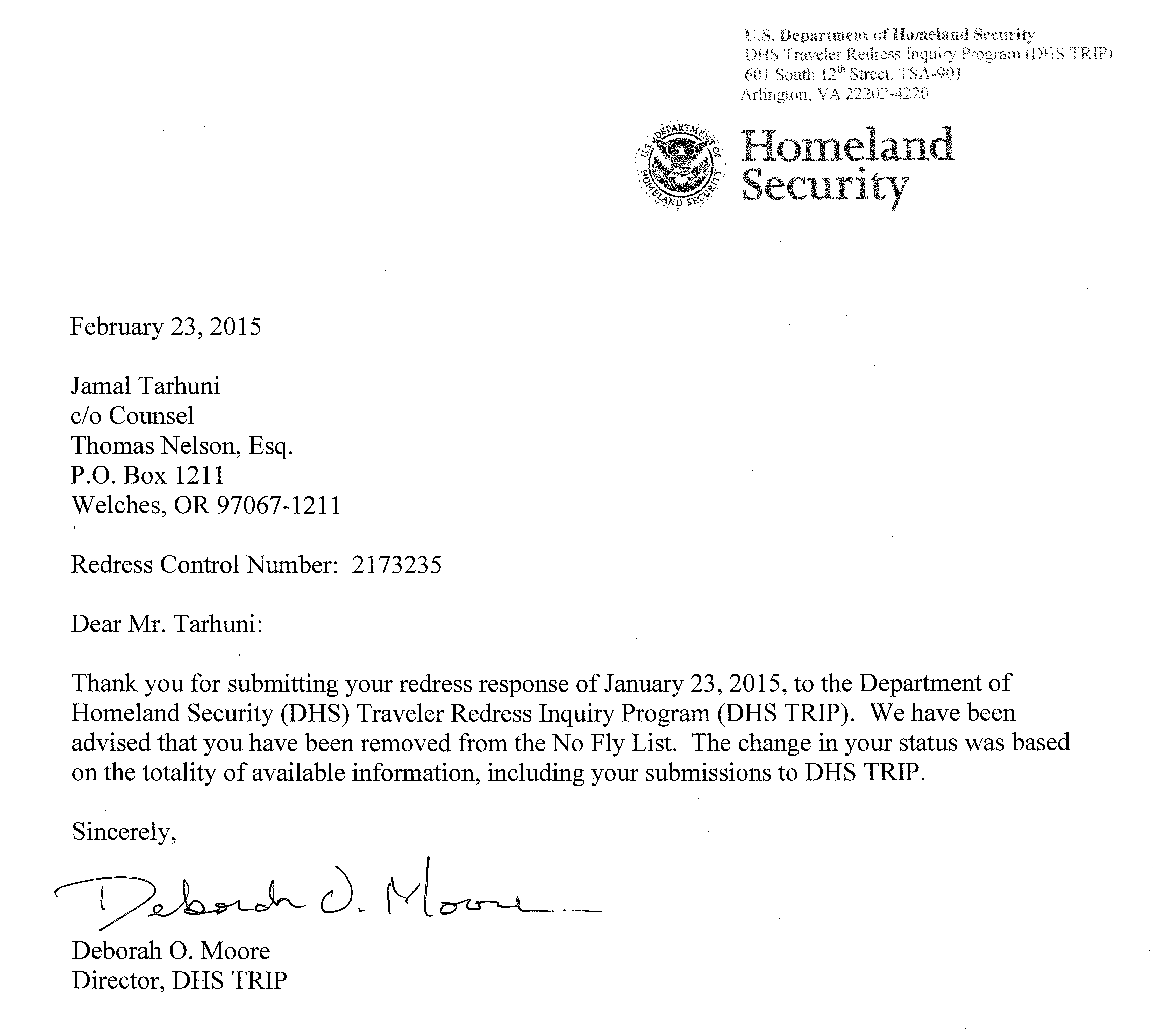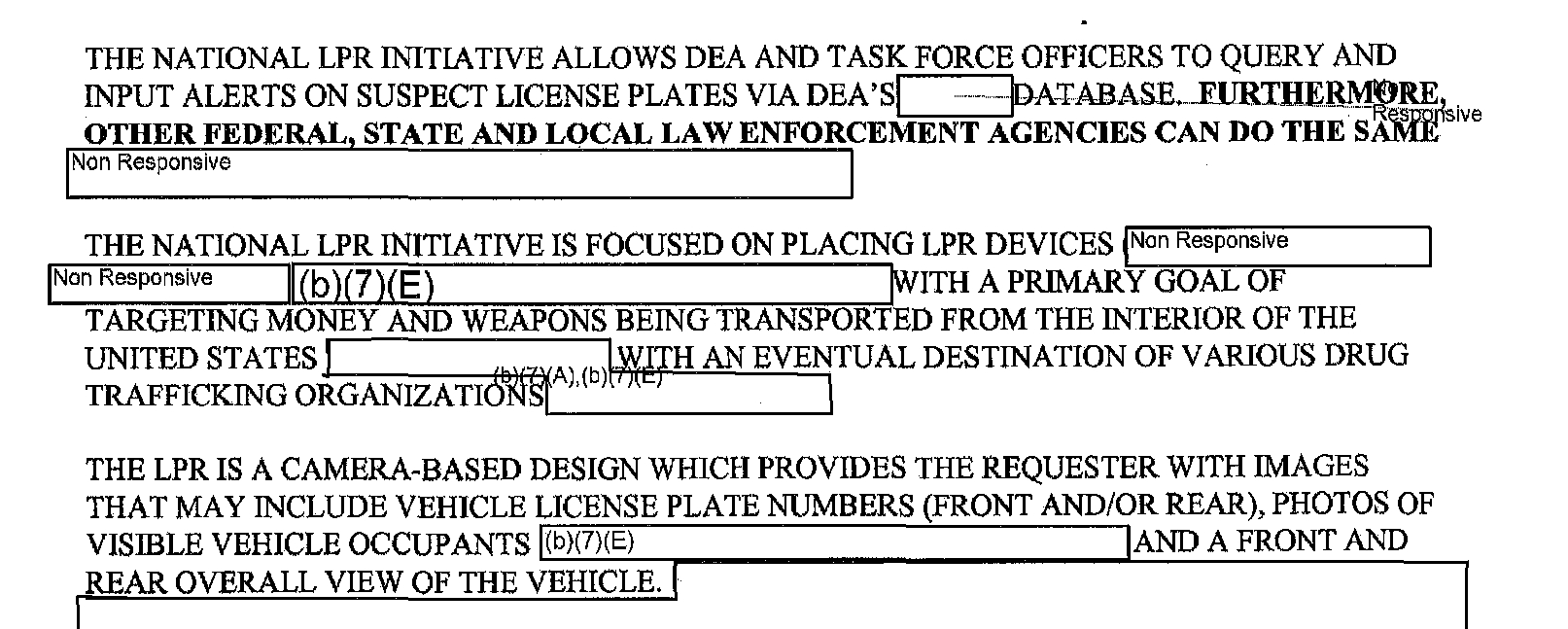The US government’s use of smear tactics to evade judicial review of its secret, standardless administrative”no-fly” orders has reached a new low with the latest developments in the case of Gulet Mohamed.
Mr. Mohamed’s saga began when his name was added to the US no-fly list in 2010, while the then-teenaged US citizen was visiting relatives abroad. Unable to return home to his family in the suburbs of Washington, he was eventually locked up incommunicado in Kuwait for overstaying his visa. Between sessions of torture by his Kuwaiti captors, he was interrogated by FBI agents who told him the only way out of his predicament would be to become an FBI informant.
Eventually Mr. Mohamed was able to contact family members, including his older brother Liban Mohamed. His family got a lawyer to file suit on his behalf in Federal court in Virginia, and contacted journalists including Glenn Greenwald and the New York Times.
Ever since then, Mr. Mohamed and his lawyers have been struggling for his day in court, before a judge and/or a jury, to decide whether he was rightfully deprived of his rights to travel by licensed common carrier, to return to the country of his citizenship (the USA), to travel freely within the US, and to leave the country again if he should so choose.
After four years of unsuccessful efforts by the US government to get the case thrown out of court without a trial, Mr. Mohamed was on the verge of the first-ever review by a judge of the “derogatory information” purportedly justifying an administrative no-fly order. After the rejection of motions to dismiss the case as moot (after Mr. Mohamed was given a “one-time waiver” to return to the US) and then on the grounds that the entire question of whether he was on the no-fly list was a state secret (despite being a painfully obvious fact), the government defendants tried to buy time or avert a trial with motions to reconsider, motions for “clarification“, and a “response” to the judge’s latest and final order to show him the alleged “secrets” that amounted to a renewed request for reconsideration.
A hearing on whether the case should be dismissed or should proceed to trial was scheduled for last Friday, January 30th.
On Thursday, the day before the hearing in Gulet Mohamed’s case, the FBI — the principal defendant as the agency nominally in charge of the inter-departmental “Terrorist Screening Center” that supposedly has the final say on whether to accept “nominations” to the no-fly list — made a surprise announcement: Gulet Mohamed’s older brother Liban Mohamed has been accused of “providing material support and resources to a designated terrorist organization” and placed on the FBI’s “Most Wanted” list. The FBI also unsealed an arrest warrant for Liban Mohamed issued almost a year ago.
(There’s more about Liban Mohamed from Glenn Greenwald — who had interviewed him several times over the years in conjunction with his brother’s lawsuit and his own later discovery that he too had been placed on the no-fly list — and from Gulet Mohamed’s lawyer Gadeir Abbas, via the AP. It appears that, if the accusations against Liban are true, they mostly reflect the government’s success in alienating its own citizens and creating enemies through its crudely Islamophobic tactics of political repression.)
What are we to make of these developments? We can’t be certain, but we have a theory that fits the facts. And it doesn’t reflect well on the US government.
Throughout more than a decade of no-fly litigation, the government has treated judicial review as a greater threat than air terrorism. People on the no-fly list, including Gulet Mohamed, have been allowed to fly (at the “discretion” of the people giving the secret orders, and possibly with “air marshals” sitting next to them). But nobody has yet been allowed to have a judge or jury review whether there is a lawful basis for depriving them of their right to travel by common carrier.
Attorney General Eric Holder personally swore to the court under penalty of perjury that it would gravely damage national security to disclose whether, or if so why, Dr. Rahinah Ibrahim was placed on the no-fly list. But when it became clear that Dr. Ibrahim’s challenge to her placement on the no-fly list would go to trial, the government admitted that she was placed on the no-fly list because an FBI agent checked the wrong box on the “nomination” form.
That may seem like a damaging admission, and it was. But it also allowed the government to argue that, because the government had now admitted that Dr. Ibrahim didn’t “belong” on the no-fly list, it was no longer necessary for the judge to decide what would constitute sufficient grounds for a no-fly order, review any evidence that might have supported a no-fly order, to determine whether any such evidence should be disclosed to Dr. Ibrahim and/or her lawyers, or to determine whether it was a “state secret”.
Dr. Ibrahim has never been a US citizen, so the US government was able to effectively prevent her from ever flying to the US again, even while taking her off the no-fly list, by revoking her US visa. And under US law, a foreign citizen is not entitled to judicial review of a visa denial. Mission (of secrecy) accomplished.
Because Gulet Mohamed is a US citizen, the government couldn’t moot his legal case as easily.
We suspect that the government’s goal in making public its accusations against Gulet’s brother Liban is to provide a purported basis for placing Gulet on the no-fly list — his brother is a “most wanted” person accused of terrorism — that is now public and doesn’t depend on any alleged “state secrets”. So the government can now argue that Judge Trenga doesn’t need to inquire further into the purported “state secrets”, whether there is any further evidence against Gulet, or whether any such evidence is sufficient to justify the no-fly order approved by the FBI and secretly given to airlines by the DHS.
Three things are profoundly wrong with this picture, of course:
First, there’s no need to put Liban Mohamed on the no-fly list if there’s already a warrant out for his arrest.
Second, what happened to the presumption of innocence?
Liban Mohamed has been accused “by complaint” — that is, by a prosecutor’s accusation that hasn’t even been put before a grand jury, much less a judge.
Travel restrictions are a common condition of release pending trial, but as such they can be imposed only by a court order, on the basis of a showing that they are necessary to assure attendance at trial — not on a prosecutor’s say-so before the accused has even been brought before a judge or had a chance to contest whether there is sufficient basis for the accusations against him to justify bringing him to trial.
Third, isn’t this the crudest and most illegitimate sort of guilt by association?
What would we think, in any other situation, of a government claim that your rights can be restricted or denied because of something one of your siblings has done, even if they were proven to have done it, without the need to show that you had any involvement or culpability for their illegal actions? Should we, and can we legally, be held liable for every act of any of our siblings (even if they have been convicted, which Liban Mohamed has not)? And if our sibling has merely been accused but not convicted, should we and all his other siblings be subject to government constraints on our movements while he awaits trial?
This sort of familial taint comes frighteningly close to the “corruption of the blood” expressly forbidden by the Constitution even in cases of treason (a crime of which neither Mohamed brother has been accused).
Whatever the truth or falsehood or evidentiary basis, if any, for the FBI’s accusations against Liban Mohamed, they provide no excuse whatsoever for what has been done, and continues to be done, to his brother. Gulet Mohamed remains entitled to confront his accusers, to see the evidence (if any) against him, and to have the basis for the no-fly order against him reviewed by a judge and/or a jury.

